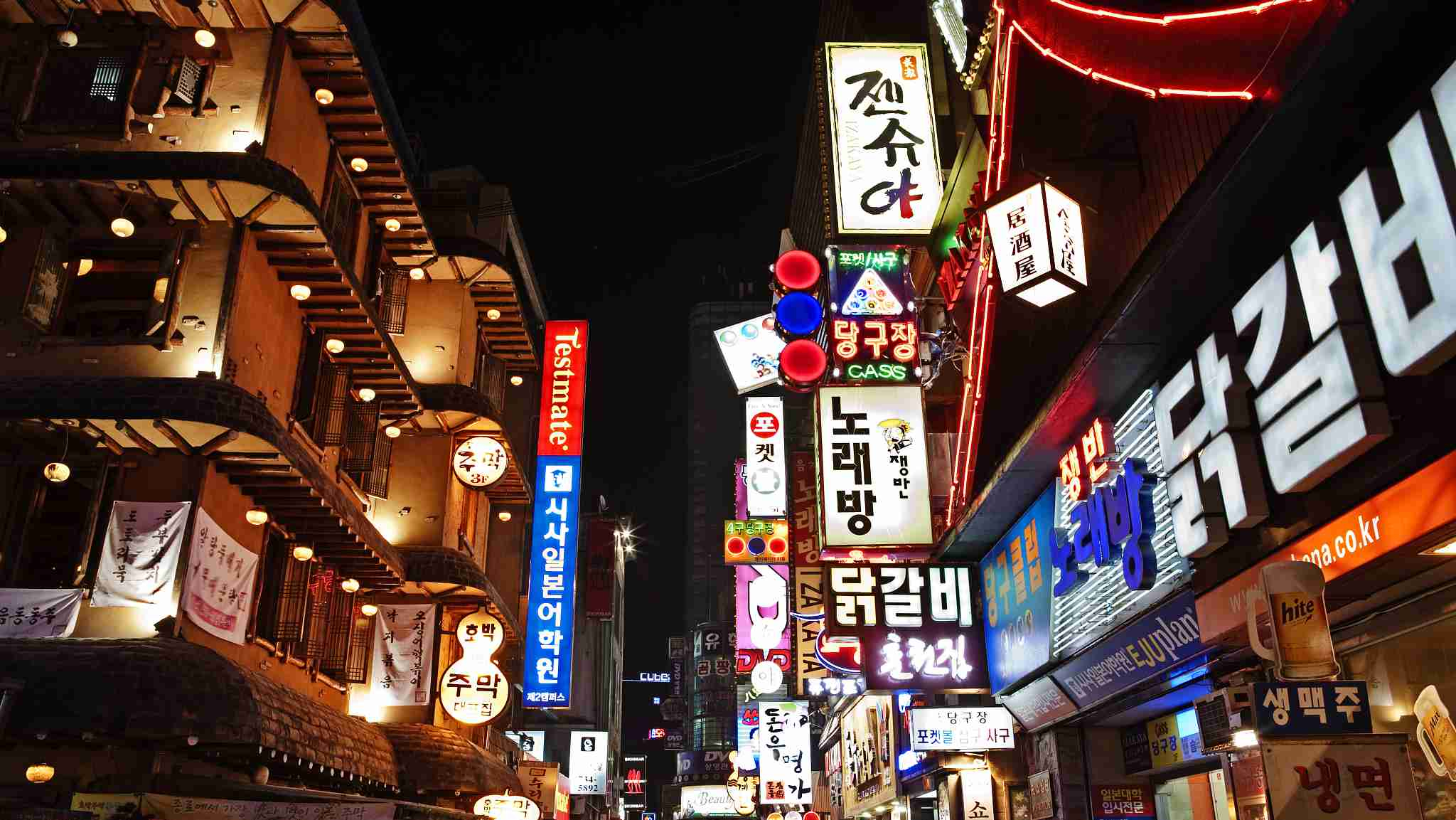
Business
16:55, 25-Oct-2018
Seoul announces new stimulus measures amid weak growth outlook
Updated
16:30, 28-Oct-2018
CGTN

South Korea's economy grew 0.57 percent in the third quarter amid a significant drop in construction investment, caused by lingering uncertainties at home and abroad,
central bank data showed Thursday.
The disappointing data came a day after the country's Ministry of Finance announced new measures to try and boost consumption.
Real gross domestic product (GDP) in the third quarter amounted to 400.2 trillion won (351.4 billion USdollars), up by only 1.97 percent year-on-year – the lowest level of growth since 2009, according to the Bank of Korea (BOK).
Investment in the
construction sector tumbled 6.4 percent, marking the fastest reduction since the
second quarter of 1998.
Efforts to curb rising house prices have seen property developers step back from new projects.
The BOK revised down its growth outlook for this year to 2.7
percent earlier this month from the 2.9 percent estimate it gave three months ago, citing soft investment and weak domestic demand.
On Wednesday, Finance Minister Kim Dong-yeon said "it is very unlikely that the economy and job conditions will improve any time soon."
Kim's comments came as Seoul announced several new measures to bolster the economy, including a 15 trillion won (13 billion US dollar) credit package for small- and medium-sized enterprises.
A 15 percent cut in tax on fuel will also kick in next month, the first such cut in 10 years.
South Korea is desperate to boost consumption in the country, with falling exports putting pressure on the country to move its economic model away from a reliance on manufacturing.
Exports expanded 3.9
percent in the third quarter from three months earlier, but year-on-year were down 8.2 percent, marking the biggest drop in two years.
The employment outlook also remains gloomy for Seoul, with the country's labor force increasing by only 0.08 percent year-on-year in the third quarter, despite pledges from President Moon Jae-in to boost job numbers in the country.

SITEMAP
Copyright © 2018 CGTN. Beijing ICP prepared NO.16065310-3
Copyright © 2018 CGTN. Beijing ICP prepared NO.16065310-3